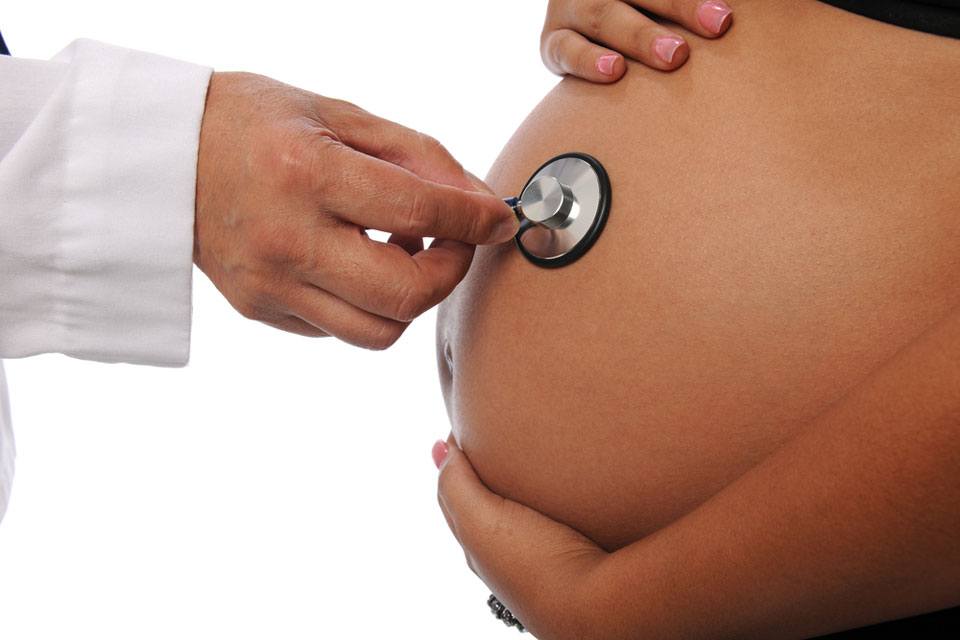Being a first time parent can be overwhelming. A successful pregnancy and a healthy baby do not occur accidentally, and preparation for delivery is paramount from day one. Some couples spend countless hours reading and researching what to do. Luckily, we here at Mount Sinai Medical center have some basic steps you can take when it comes to prenatal care, to ensure your little one has the best chances of a healthy life.
So what is prenatal care?
In order to monitor the health and progress of her unborn baby, a mother-to-be should undergo an ongoing series of medical checkups and screening tests. These include all the special care and routines which a new mother adopts in anticipation of providing proper nutrition and overall health to the growing baby.
For example, alcohol and smoking should be eliminated, a proper diet should be maintained and certain medications and supplements should be avoided. The frequency of prenatal checkups changes over the period of pregnancy. During these regular checkups, the baby’s movements should be discussed with your doctor, to ascertain whether they are within a normal range. Prenatal tests and screenings will also be conducted for a number of things, possibly for infections, anemia, gestational diabetes, and HIV.
First doctor visit
The first visit to your doctor is very important, because it will establish a baseline for all other measurements and tests made throughout the pregnancy. You can expect to take a full physical exam at this visit, possibly to include a pelvic exam, a breast exam, and perhaps a PAP test.
You will probably have some blood samples taken and sent to the lab for testing, and your approximate due date will likely be calculated at this time. It is probable that your doctor will ask a great many questions about your lifestyle, relationships, and overall health to see if you should be doing anything differently.
Routine pregnancy tests and procedures
There are many possible tests and procedures that your doctor may want to perform during the pregnancy, depending on your age, family history, overall health, and other factors. Here are some of the most common:
- Ultrasound exam – This exam can ensure that the baby’s organs are developing normally, and may also be used to determine gender if desired.
- Urine test – This is to detect early signs of urinary tract infection (UTI), diabetes, or preeclampsia.
- Biophysical Profile (BPP) – This is a third-trimester test, done to monitor the overall health of the baby, and to determine if early delivery is needed.
- Glucose screening and tolerance – These tests are conducted to assess the mother’s risk for gestational diabetes.
- Group B Streptococcus – Done at the end of pregnancy to prevent bacterial infection during labor.
- Maternal serum screen – Down syndrome and Trisomy 18 can be detected with this test.
Frequently Asked Questions (FAQ)
Q: Which foods should I be eating during pregnancy?
A: A variety of foods should be consumed during pregnancy, but in total only about 300 calories more per day than before pregnancy. It’s a good idea to include about 6 servings of breads or grains, 3 servings each of fruits and vegetables, 4 servings of dairy products, and 3 servings of proteins like meat and fish.
Q: Is it OK to eat fish during pregnancy?
A: Yes, fish is recommended as one of your protein sources during pregnancy, along with meats, nuts, eggs, and poultry. Do not eat shark, swordfish, king mackerel, or tilefish.
Q: Which medications can I take during pregnancy?
A: Prenatal vitamins are safe, but herbal supplements and other vitamins have not been proven safe, so you should consult with your doctor on specific types. In general, it is safe to use most medications which treat colds, allergies, flu, constipation, diarrhea, heartburn, hemorrhoids, nausea, rashes, and yeast infections. To be sure about any of these, consult with your doctor.
Q: Is it OK to exercise during pregnancy?
A: Exercising during pregnancy is highly recommended, for a number of reasons. First, it will help to keep you and your baby healthy, and it will help to lessen back fatigue and strain. It can also relieve stress, build up the stamina you will need for delivery, and may help prevent gestational diabetes.
A great online resource for parents to be http://www.acog.org/Patients


